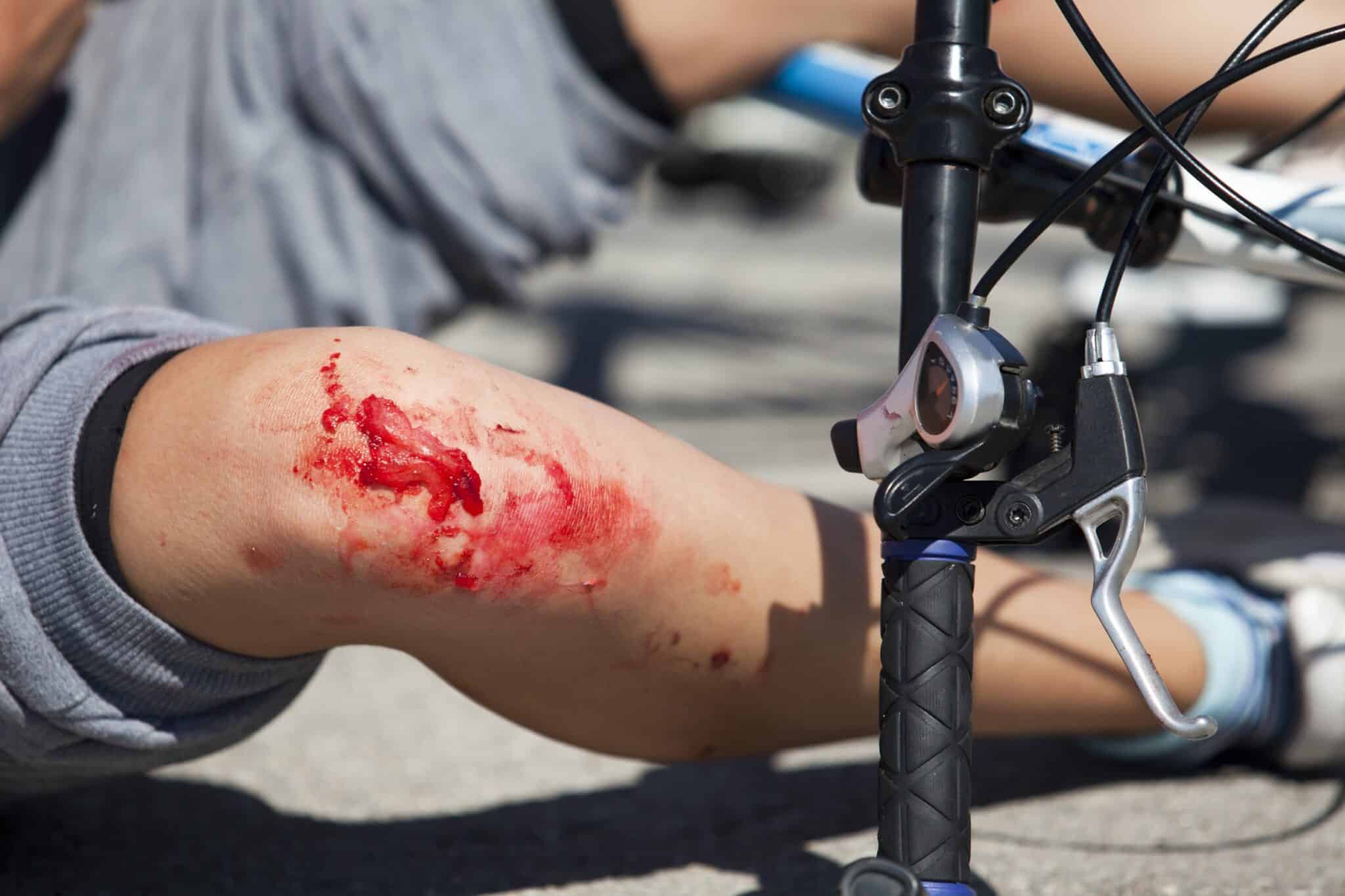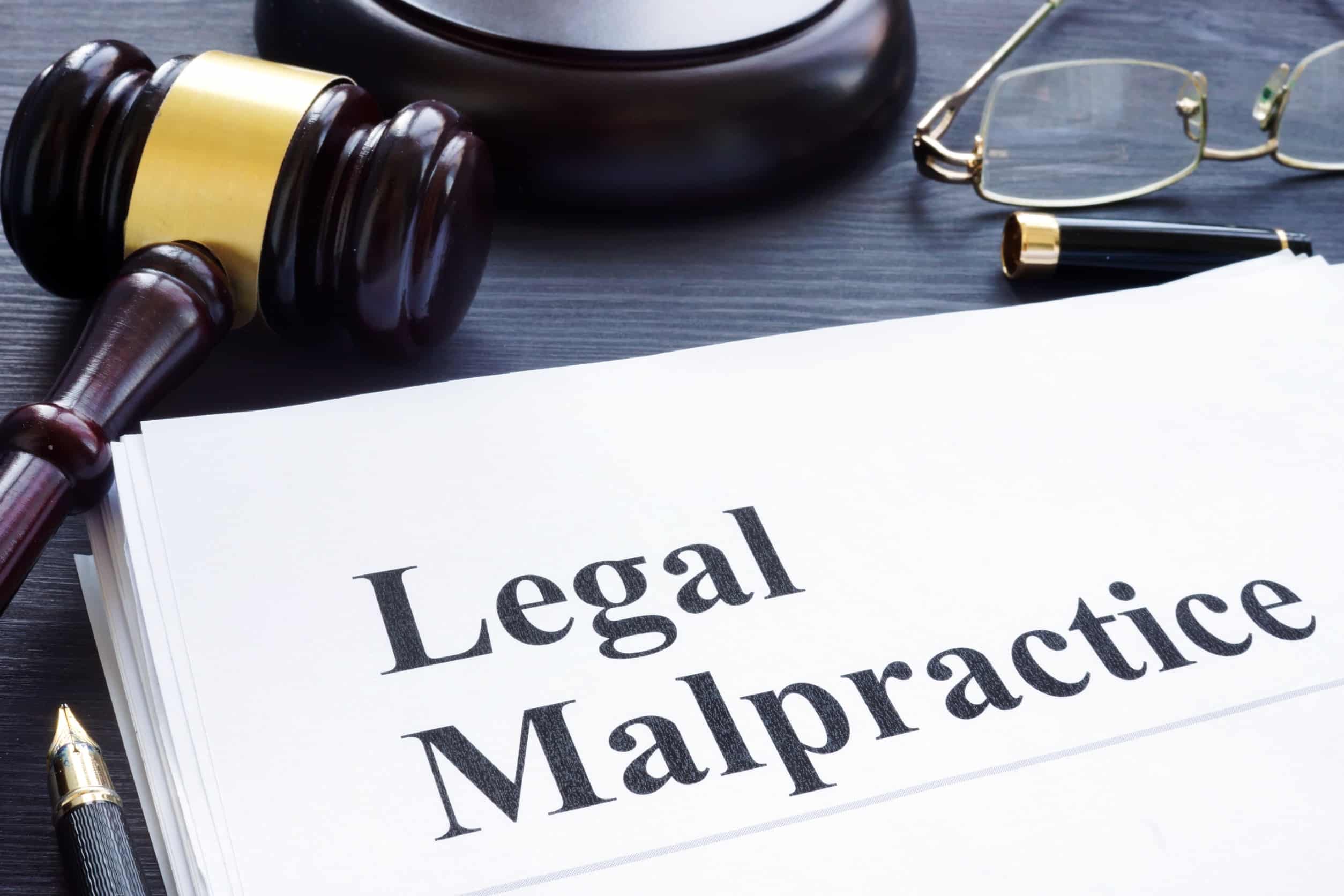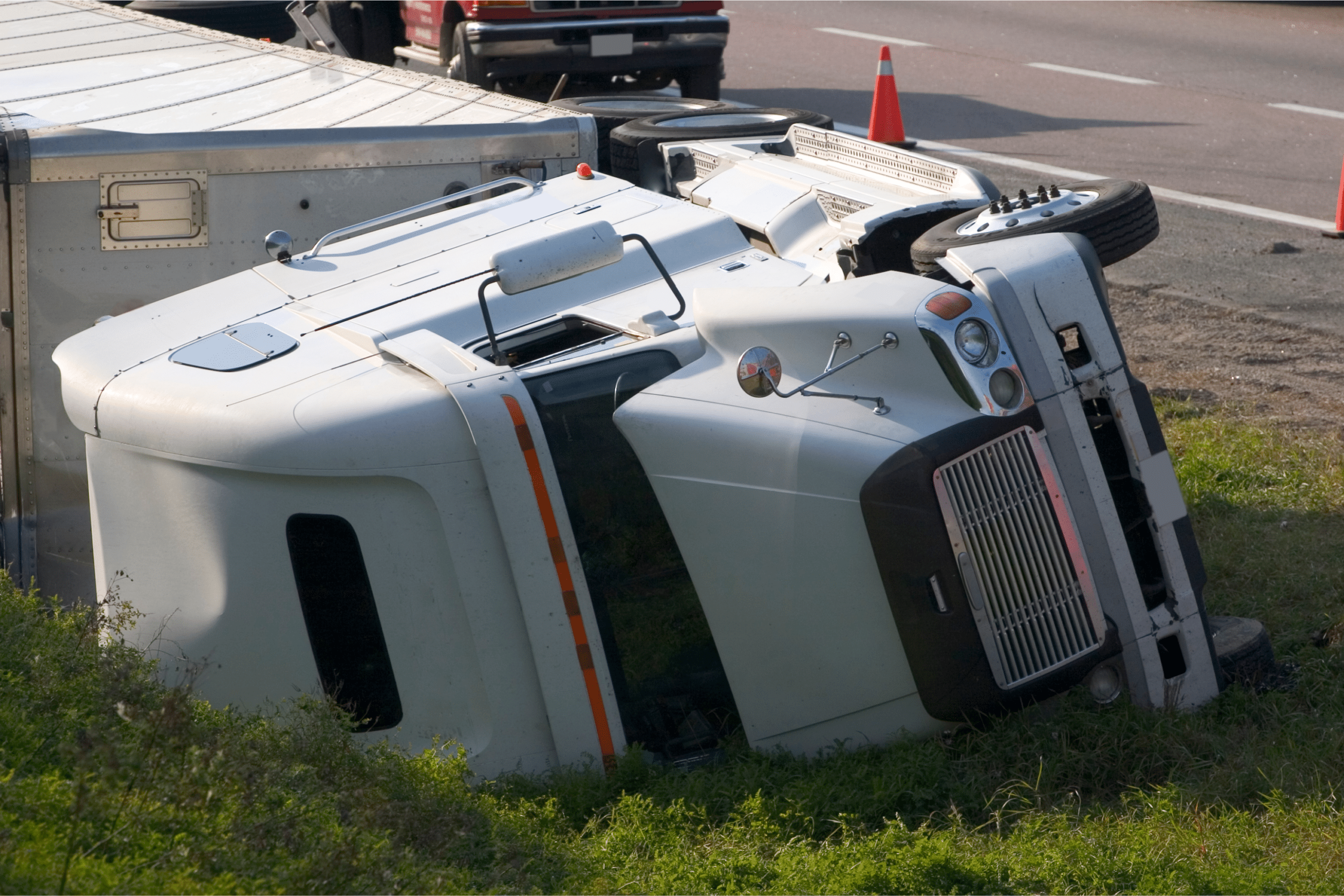Many people are waiting patiently for their turn to get the new COVID-19 vaccines and following CDC distribution guidelines. Yet it appears that some people aren’t having to wait as long as others purely due to their wealth and influence.
In Florida, an upscale assisted living facility is in hot water for seeming to provide COVID-19 vaccinations for wealthy donors ahead of residents and staff.
The CEO is accused of inviting donors personally to get COVID-19 vaccinations that were given to the facility to inoculate its residents and staff. Members of his board and even his country club got personal invites and for it, there is some debate on whether his company should face criminal charges.
While CDC guidelines are not laws, there are some legislators, such as New York Governor Andrew Cuomo, who are considering criminal charges against those that deviate from the guidelines to provide vaccines to their stakeholders.
Which Florida laws could apply in these situations and what else could it mean for these types of facilities? Read on to find out.
What the CDC Guidelines Say
It’s not news that the vaccine available to Americans at the start of this massive vaccination program is limited. That’s why the CDC provided guidelines to states to help them determine who should be vaccinated first.
The Goal of CDC’s Vaccine Distribution Guidelines
These recommendations come from a team of medical and public health experts to help reduce the rate of serious disease and death, reduce the burden of COVID on those already facing disparities such as the elderly, and to preserve the functioning of society as a whole.
Healthcare Personnel and Long-Term Patients First
The CDC acknowledges that each state will create its own plan for who is to be vaccinated first and in Florida, the governor decided that the elderly should be first in line. However, the CDC does recommend that healthcare personnel as well as long-term care facility residents be given the first COVID-19 vaccination dosages.
Essential Workers, Elderly, and High-Risk Populations Next
After healthcare personnel and long-term care facility residents, the next groups the CDC recommends getting the vaccine include frontline essential workers, those over age 75, and then those with underlying medical conditions.
The CDC does not mention wealthy donors to medical companies or friends at your local country club anywhere in their recommendations.
Will There Be Consequences for Skirting CDC Guidelines?
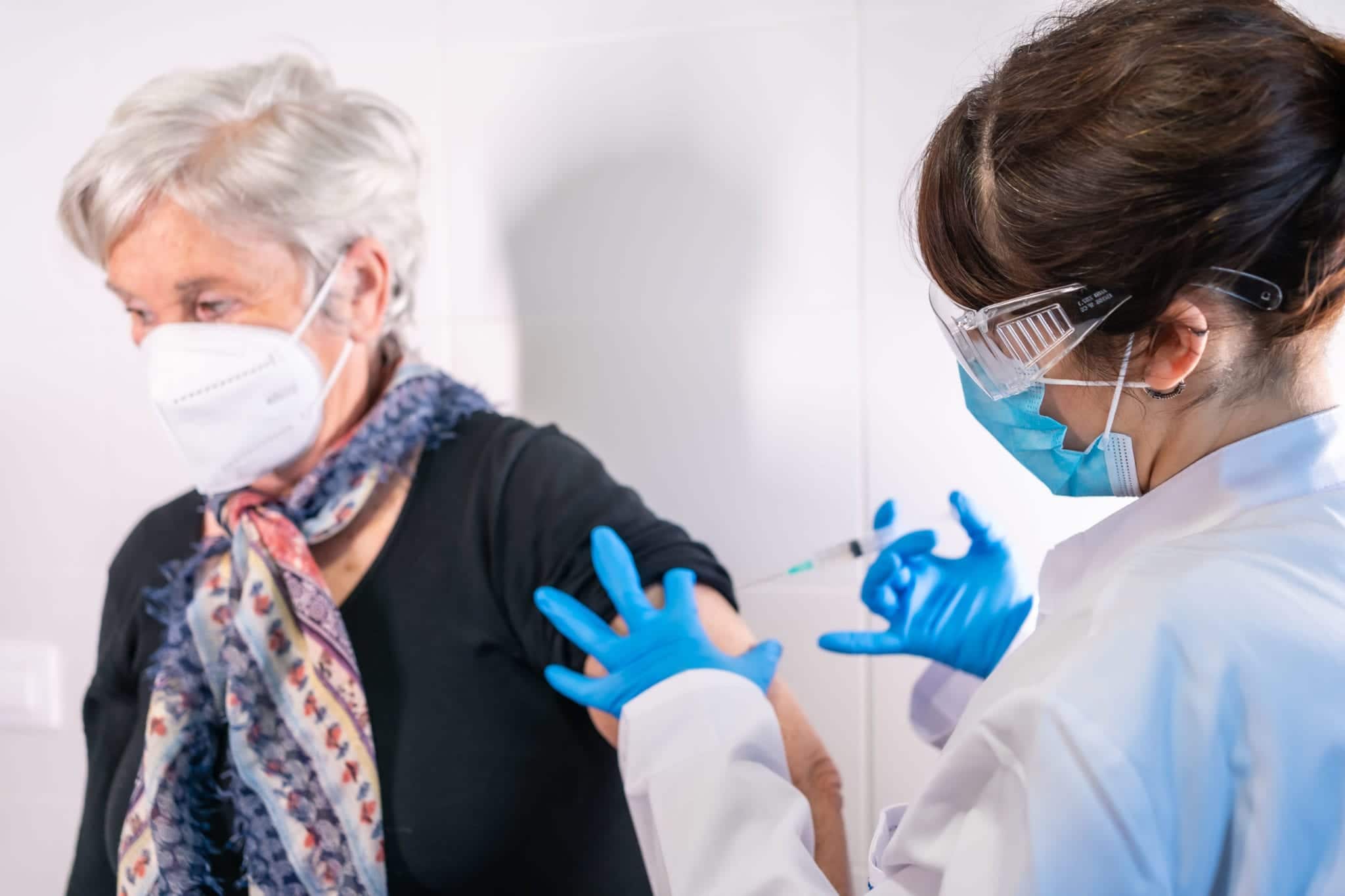
For the CEO of the Florida assisted living facility, there could potentially be some legal repercussions to the actions that were taken.
Florida Facility License Revocation
The first is a revocation of their license by the Agency for Health Care Administration in Florida. Assisted living facilities in the state provide licenses that allow their operation. The three licenses that every assisted living facility needs to operate legally in Florida are a Standard license, Limited Nursing Services, and Extended Congregate Care.
The Standard license is the base licensure all facilities are required to have. If there is a complaint filed against them and it is investigated and found out to be true, then they could have their license revoked.
Losing the License to Practice Medicine in Florida
On top of that, Florida statutes also require individual medical practitioners to follow certain rules of conduct. If they are found to violate one, then they risk losing their license to practice medicine. Some examples of actions that can result in disciplinary actions include:
- Attempting to renew or obtain a license through misrepresentation or bribery
- Making deceptive, fraudulent, or misleading representations in or related to how their profession is practiced
- Failing to perform legal obligations placed on them by the licensee
- Intentionally violating rules adopted by their professional board or the bodies that regulate them
Criminal Charges for Falsification of Patient Records
Criminal charges are another possibility for those who do not distribute their allotted vaccines to the intended recipients if any records were falsified in the process of skirting the CDC guidelines.
This is a serious offense in Florida since sometimes medical professionals will attempt to cover acts they know aren’t right or are negligent by altering the patient record to reflect something different than what actually happened.
This may not be the case with the Florida assisted living facility that gave its COVID vaccines to those other than they were intended for, but it is one possible scenario that would open them up to criminal liability.
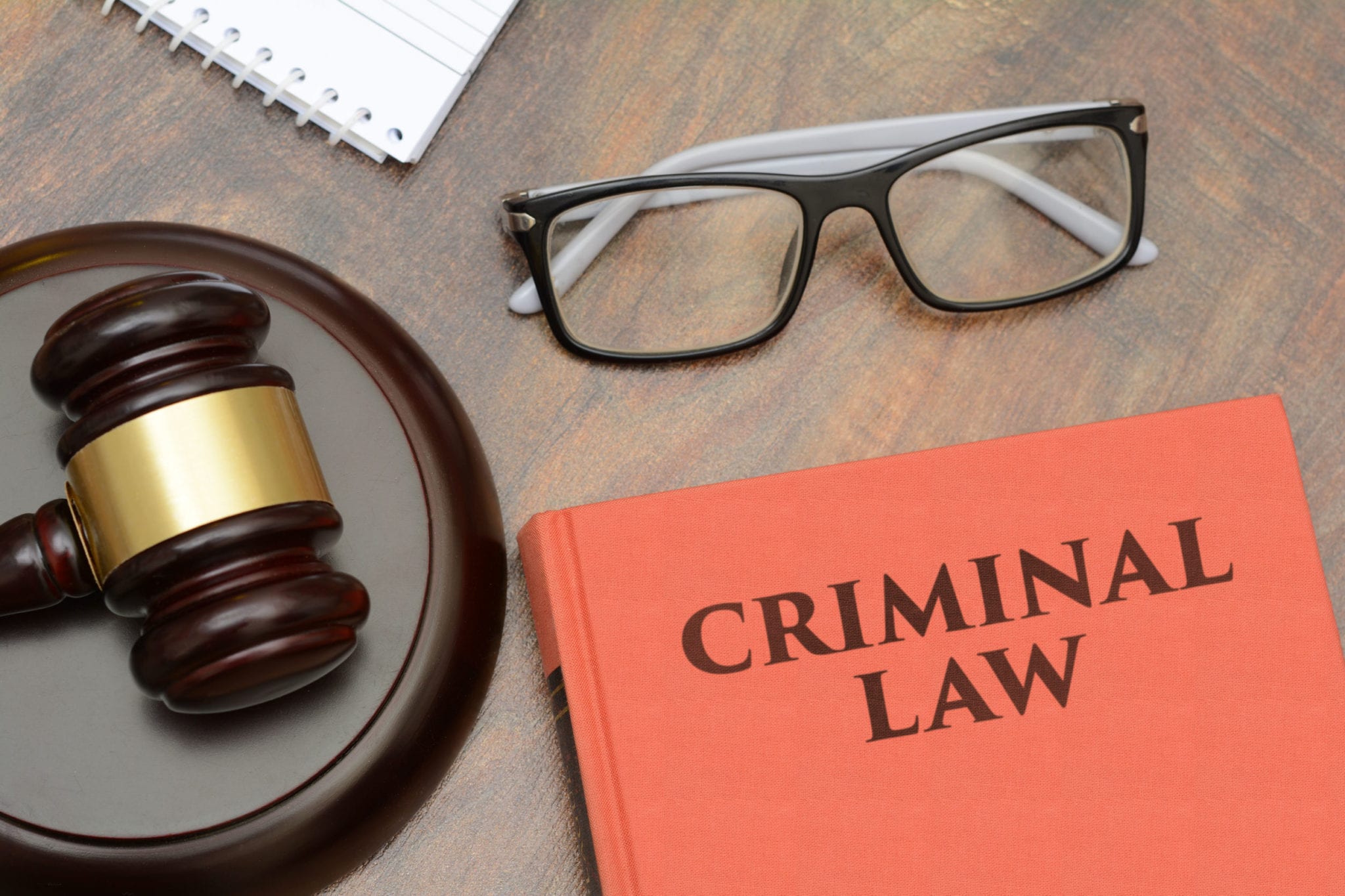
People want the COVID vaccine, as evidenced by the long lines all around Florida to get it. However, should wealth and privilege allow some to skip ahead of those in line who may be at higher risk?
That’s not something the law has entirely worked out at this point, but it shouldn’t be counted out as something that could potentially result in criminal charges or the loss of licensure for any Florida medical facility or professional involved.
About the Author:
Andrew Winston is a partner at the personal injury law firm of Winston Law. For over 20 years, he has successfully represented countless people in all kinds of personal injury cases, with a particular focus on child injury, legal malpractice, and premises liability. He has been recognized for excellence in the representation of injured clients by admission to the Million Dollar Advocates Forum and named one of America’s Top 100 High-Stakes Litigators. Mr. Winston is AV Preeminent Rated by the Martindale-Hubbell Law Directory, enjoys a 10.0 rating by AVVO as a Top Personal Injury Attorney, has been selected as a Florida “SuperLawyer” from 2011-2020 – an honor reserved for the top 5% of lawyers in the state – was voted to Florida Trend’s ”Legal Elite,” recognized by Expertise as one of the 20 Best Fort Lauderdale personal injury attorneys, named one of the Top 100 Lawyers in the Miami area for 2015-2017, and one of the Top 100 Lawyers in Florida for 2015-2017 and 2019.
 When Your Florida Attorney Isn’t Following Your Agreed Terms
When Your Florida Attorney Isn’t Following Your Agreed Terms 

